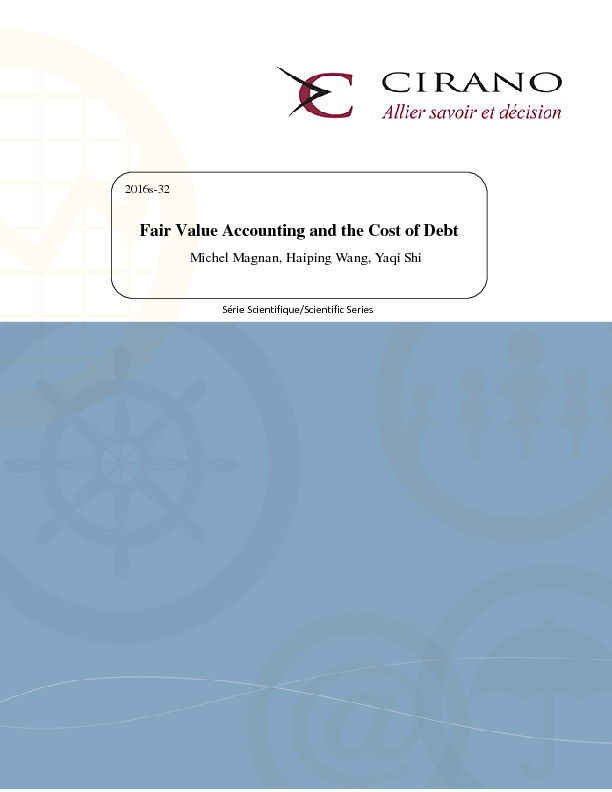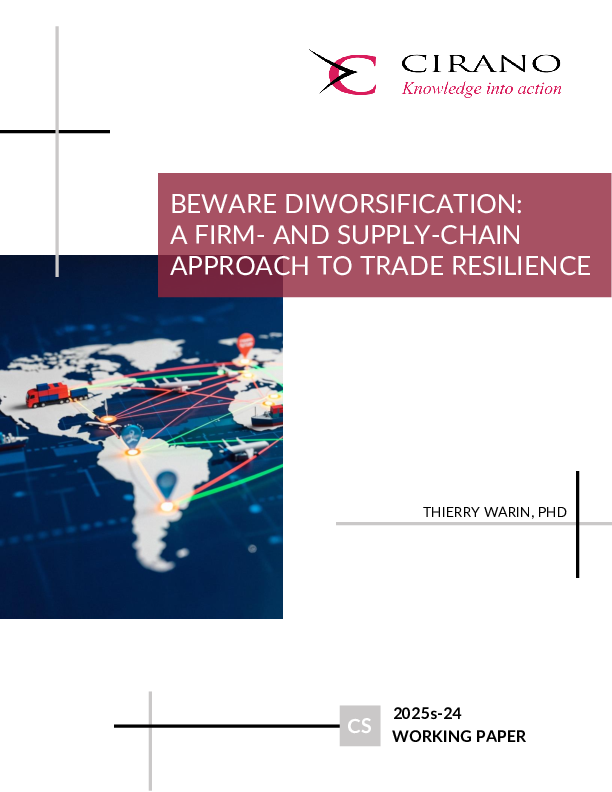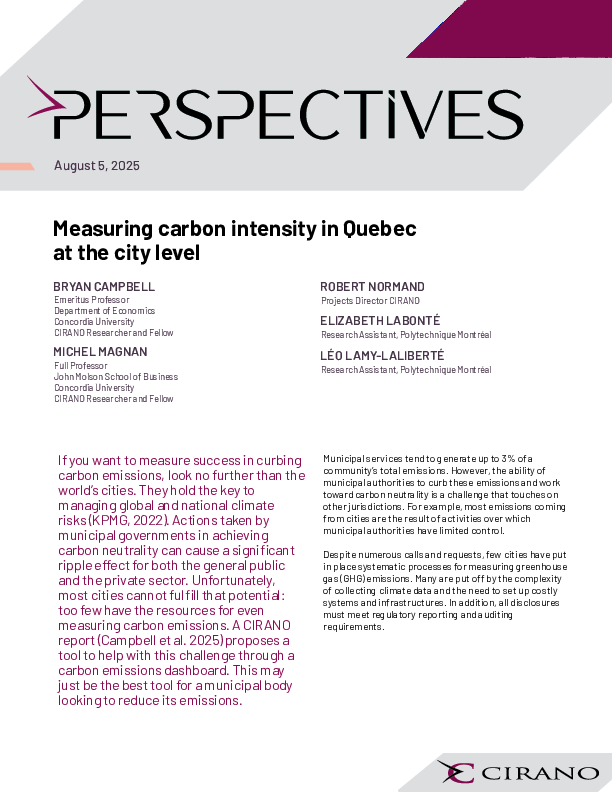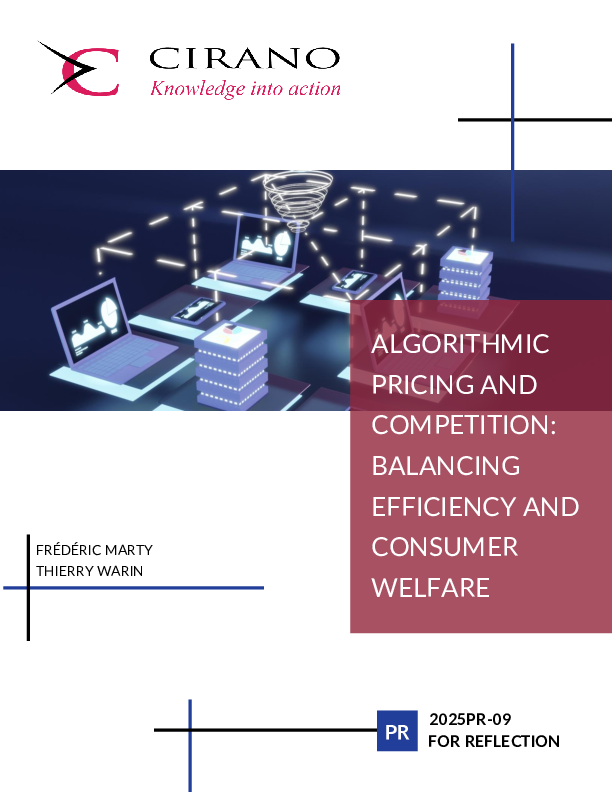Fair Value Accounting and the Cost of Debt
This study examines the association between the use of fair
value accounting and the cost of debt, as well as the impact of auditor
industry expertise on this association. The sample comprises U.S. financial
institutions’ data between 2007 and 2014. Results suggest that more extensive
use of fair value accounting measurement in the financial statements is
generally associated with a higher cost of debt, which supports the argument
that fair value accounting is perceived to exhibit lower reliability. Findings
further show that greater reliance on Level 2 and Level 3 fair value inputs is
related with a higher cost of debt, indicating that the reliability issue is
primarily driven by Level 2 and Level 3 estimates. In addition, we do not find that
auditor industry expertise improves the decision usefulness of fair value
accounting information. These results hold even after controlling for variables
associated with a financial institution`s business model.
[ - ]




